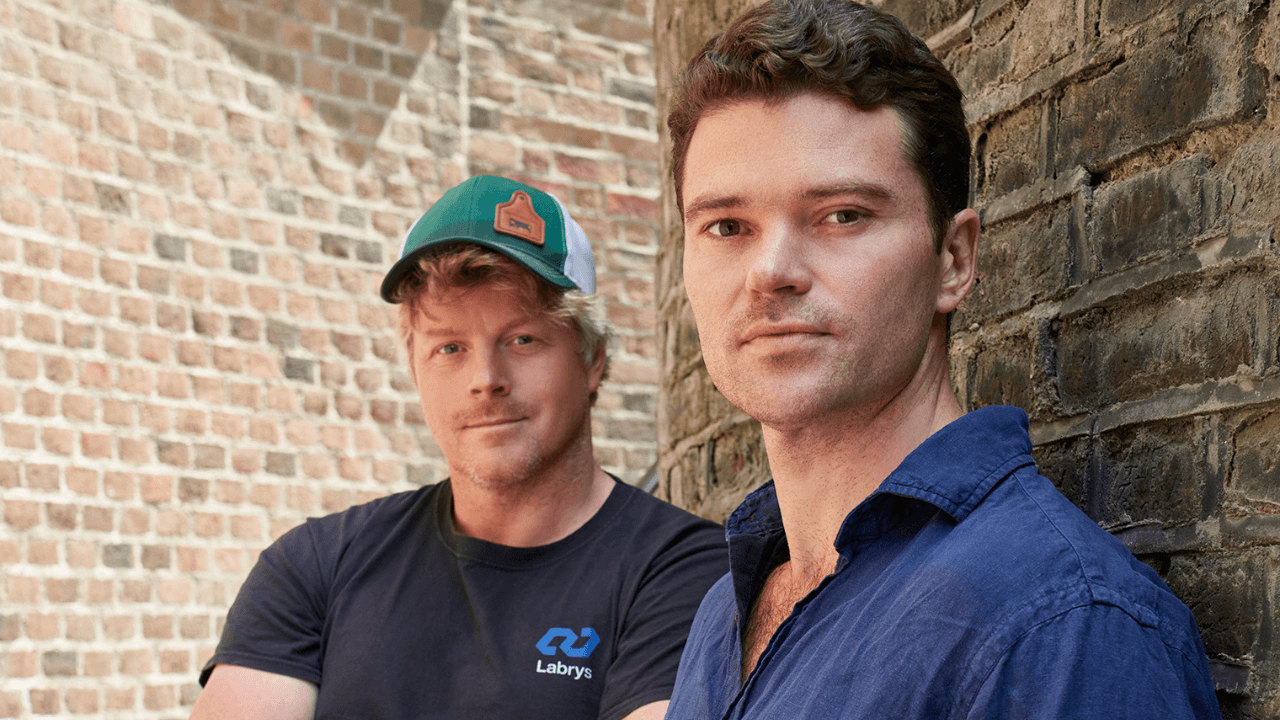UK-based Labrys, a startup building secure workforce management tools for complex and high-risk environments, has raised a $20 million Series A funding round to expand its platform, Axiom.
Axiom is already being used by humanitarian and crisis response organisations across the globe.
The round was led by Plural, with participation from AlbionVC, Superangel, and previous investors Project A, MDOne, Expeditions Fund, and Marque Ventures.
The new capital brings Labrys’ total funding to $25.5 million and will fuel development of new AI-driven features, stablecoin-based payment systems, and customer deployments in increasingly volatile global contexts.
“Being unable to verify if a person can be trusted, if a task has been completed or work out how to pay them has been preventing successful humanitarian, aid and military missions for too long,” said August Lersten, co-founder and CEO of Labrys. “We created Labrys to solve these tough workforce and team coordination problems in logistics, risk and humanitarian crisis response.”
Founded in 2023 by Royal Marine veteran August Lersten and former British Army officer Luke Wattam, Labrys is addressing a fundamental problem in global operations: how to coordinate, track, and compensate teams operating in chaotic or infrastructure-poor environments.
Its core product, Axiom, is described as the first end-to-end, military-grade command and control system tailored to humanitarian, defence, and logistics users. The platform combines biometric identity verification, encrypted communications, geo-tagged task tracking, and built-in audit trails. Notably, Axiom also includes stablecoin-based payments, allowing teams to compensate workers in areas where conventional banking systems are inaccessible or compromised.
The market Labrys is addressing includes large NGOs, defence contractors, peacekeeping agencies, and crisis response units. Historically, many of these teams have relied on fragmented tools such as email, spreadsheets, and unsecured messaging apps to manage thousands of dispersed personnel. In some documented cases, entire security forces have been coordinated over WhatsApp.
The operational risks of such ad hoc systems are significant. As geopolitical tensions rise and funding shortfalls hit humanitarian efforts, accountability and operational efficiency are under growing scrutiny.
“We’ve built a talented team to tackle the hardest technical problems in this space. We’re delighted to be backed by investors who understand this mission and want to build the future of trusted infrastructure right alongside us,” Lersten said.
“A lot of defence and resilience innovation focuses on hardware assets. Yet, there’s been a gap around secure, reliable systems for human coordination when it matters most – until now,” said Sten Tamkivi, partner at Plural. “August and Luke’s experience on the literal front lines means they know exactly the challenges experienced on the ground and are building Labrys to solve these challenges once and for all.”
The new funding will support expansion of AI capabilities, deeper integration of stablecoin features, and enhancements to its identity infrastructure and access controls. These features are particularly valuable in environments where fraud, impersonation, or mismanagement can derail operations.



Would you like to write the first comment?
Login to post comments